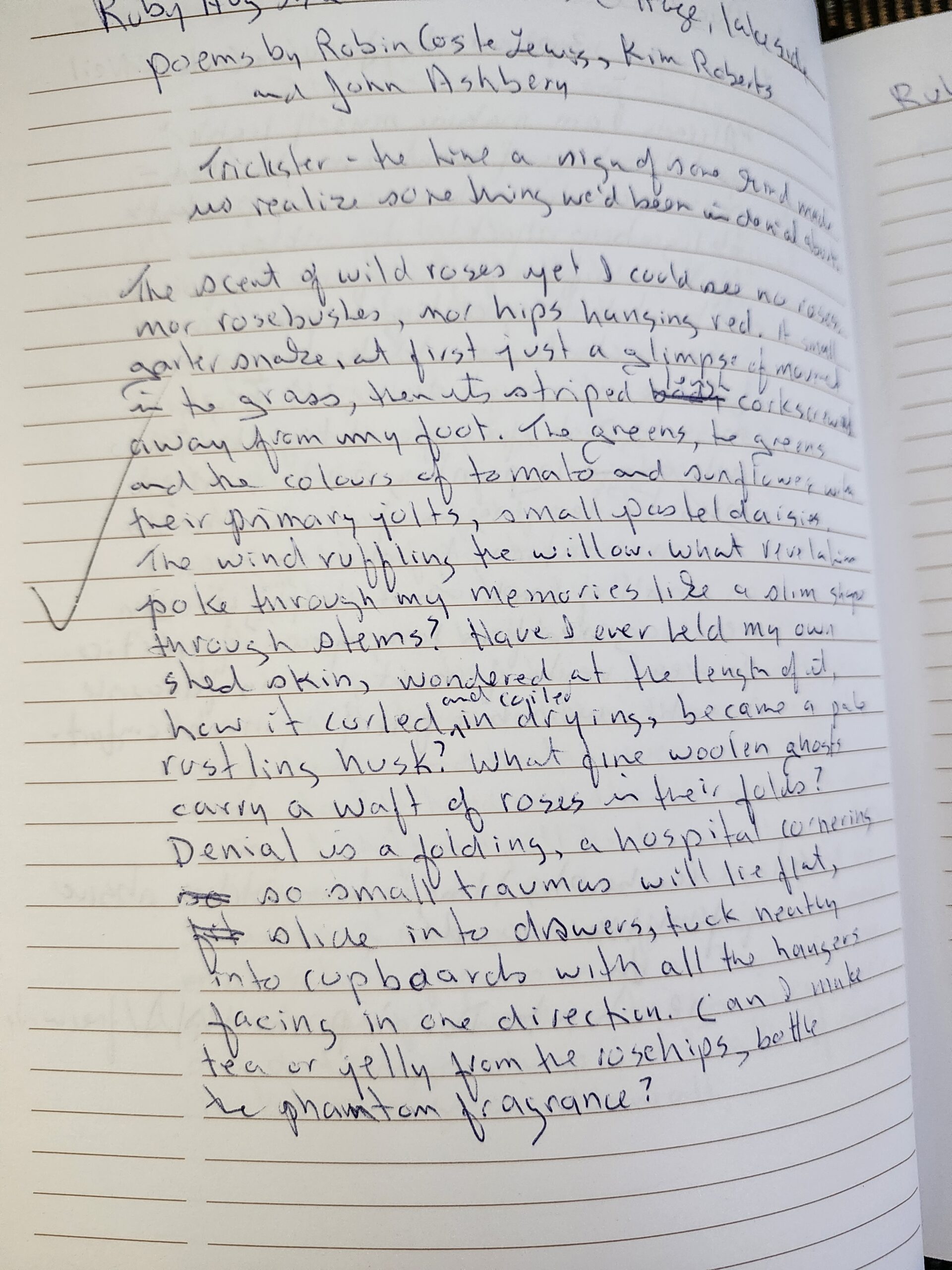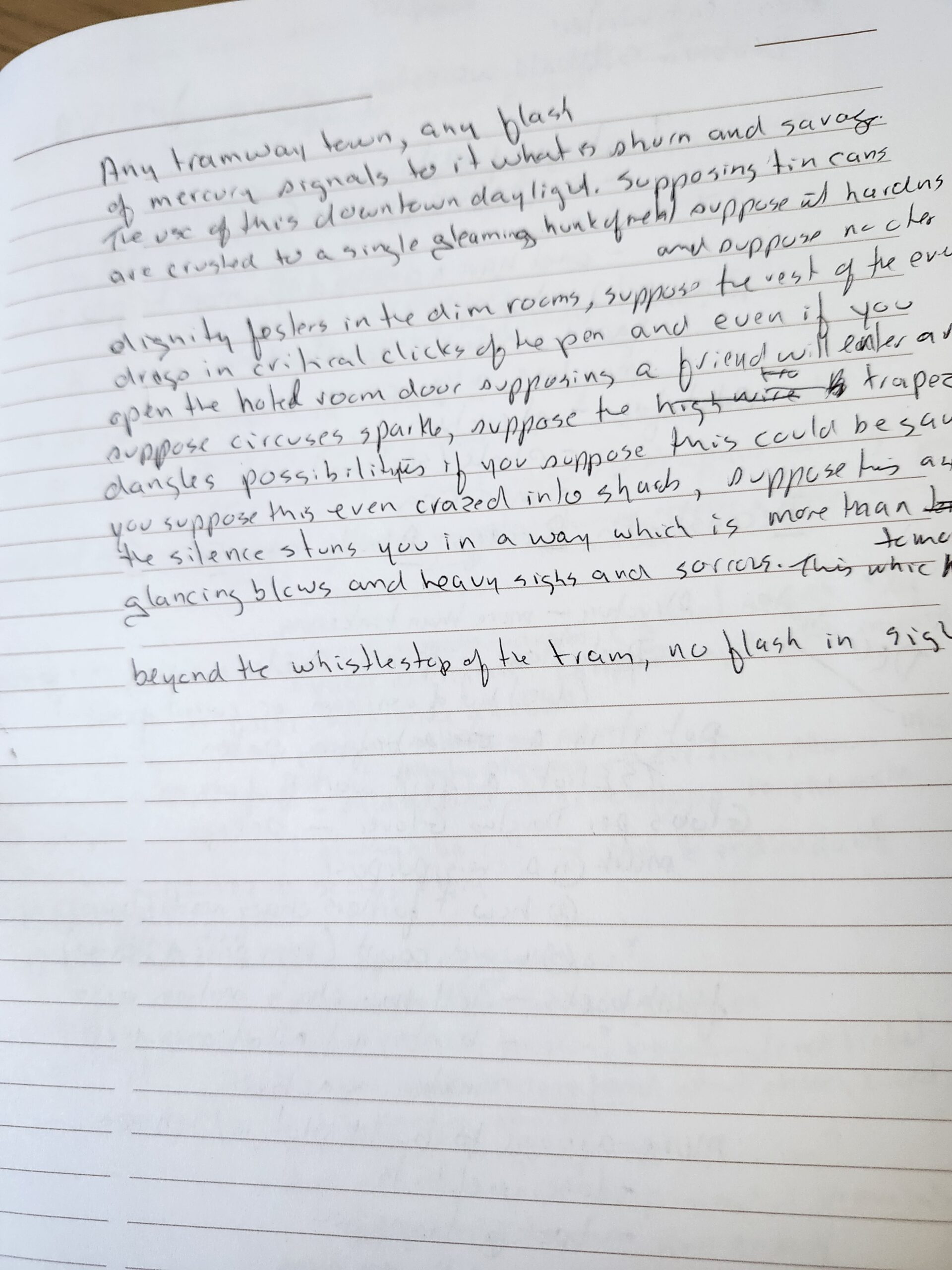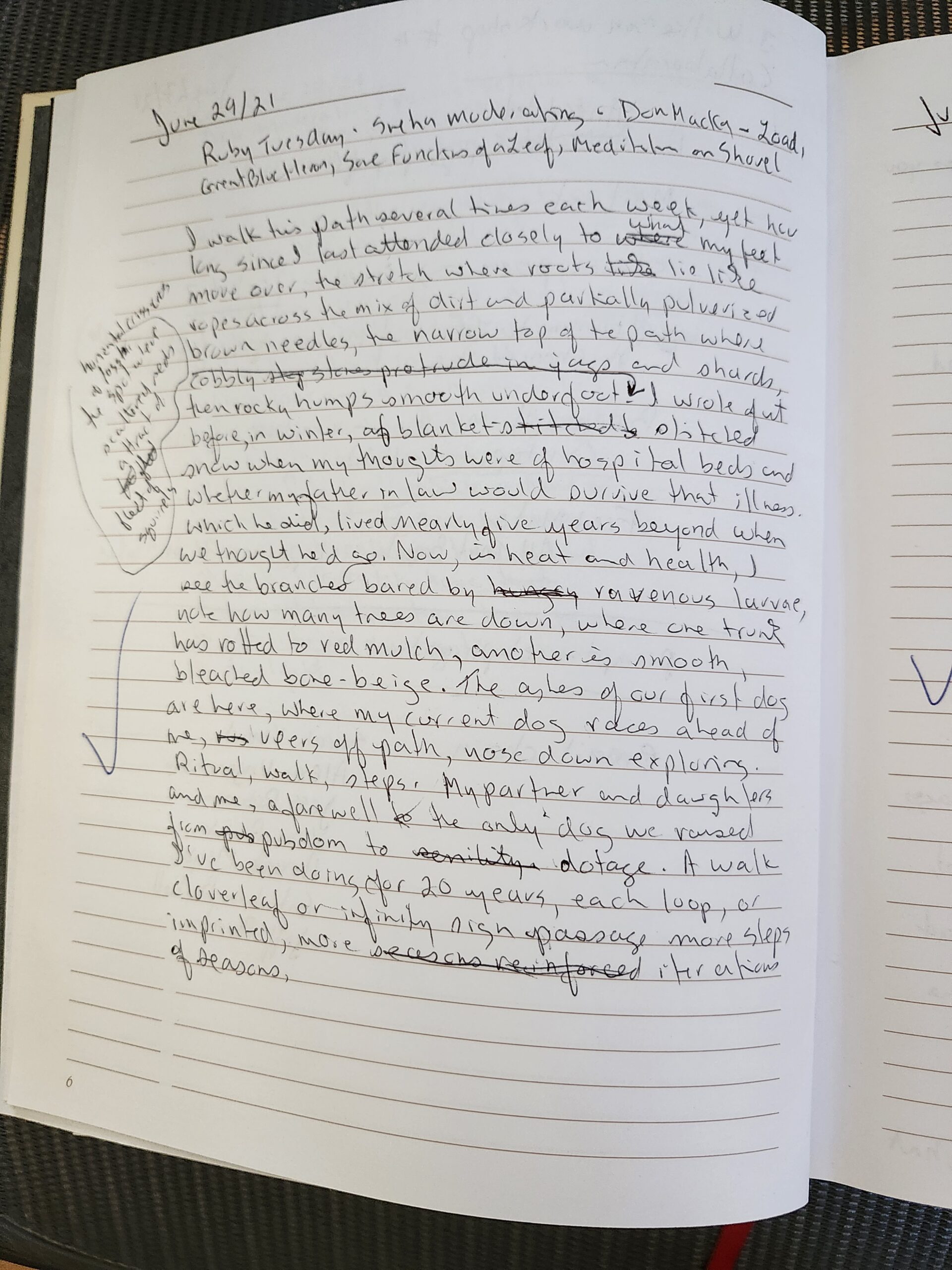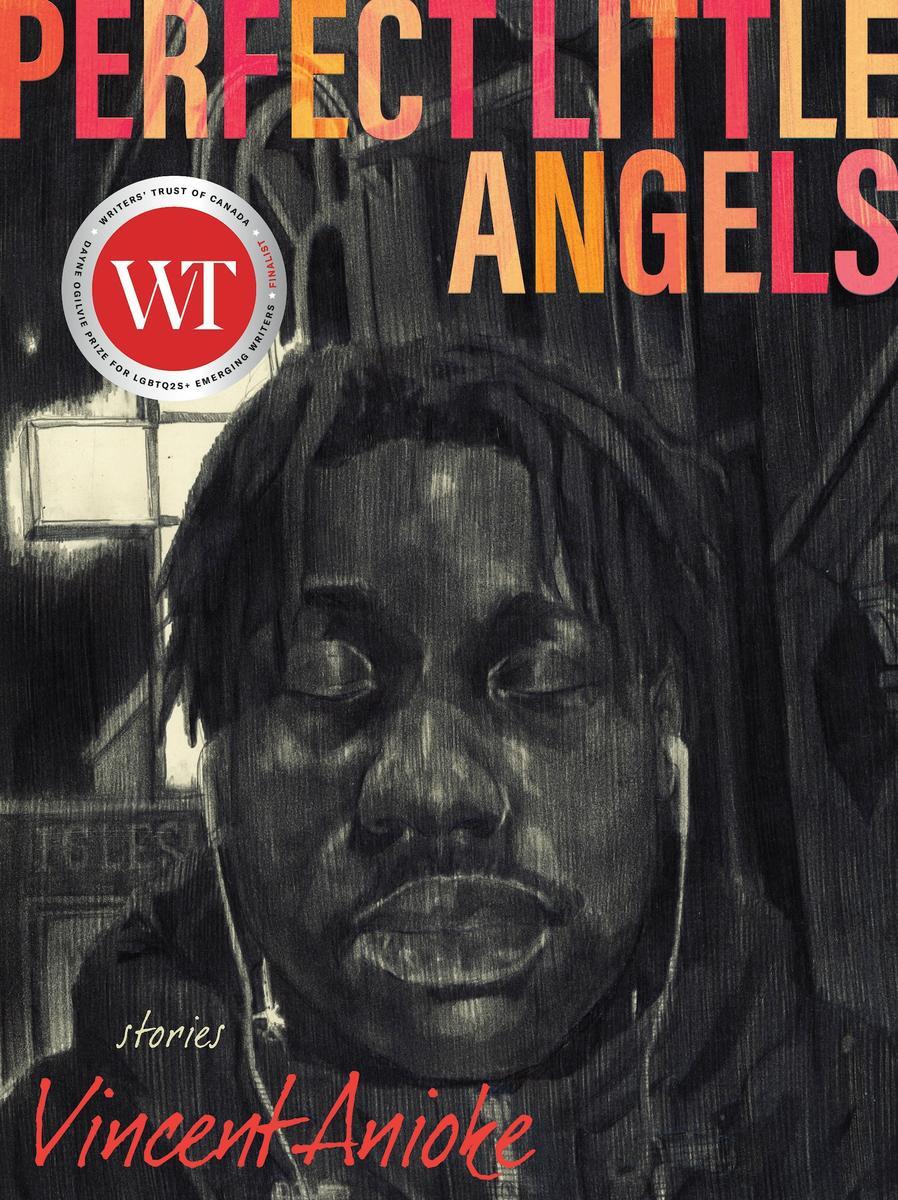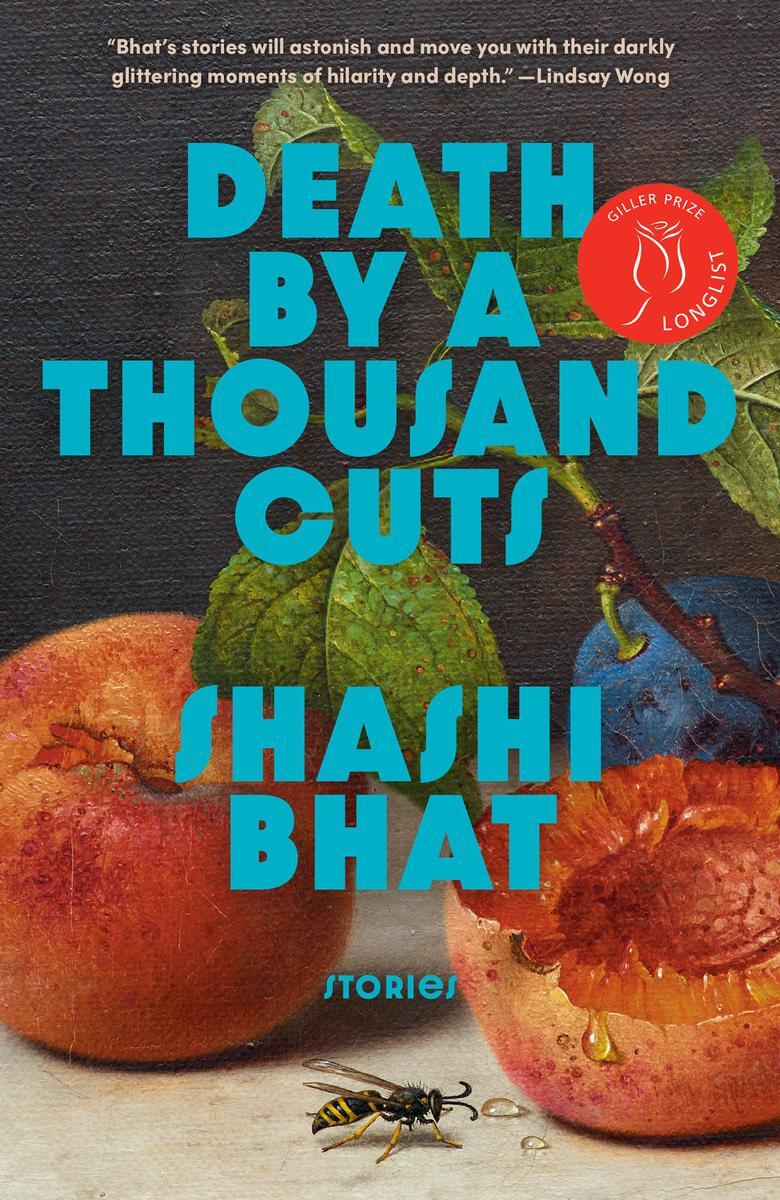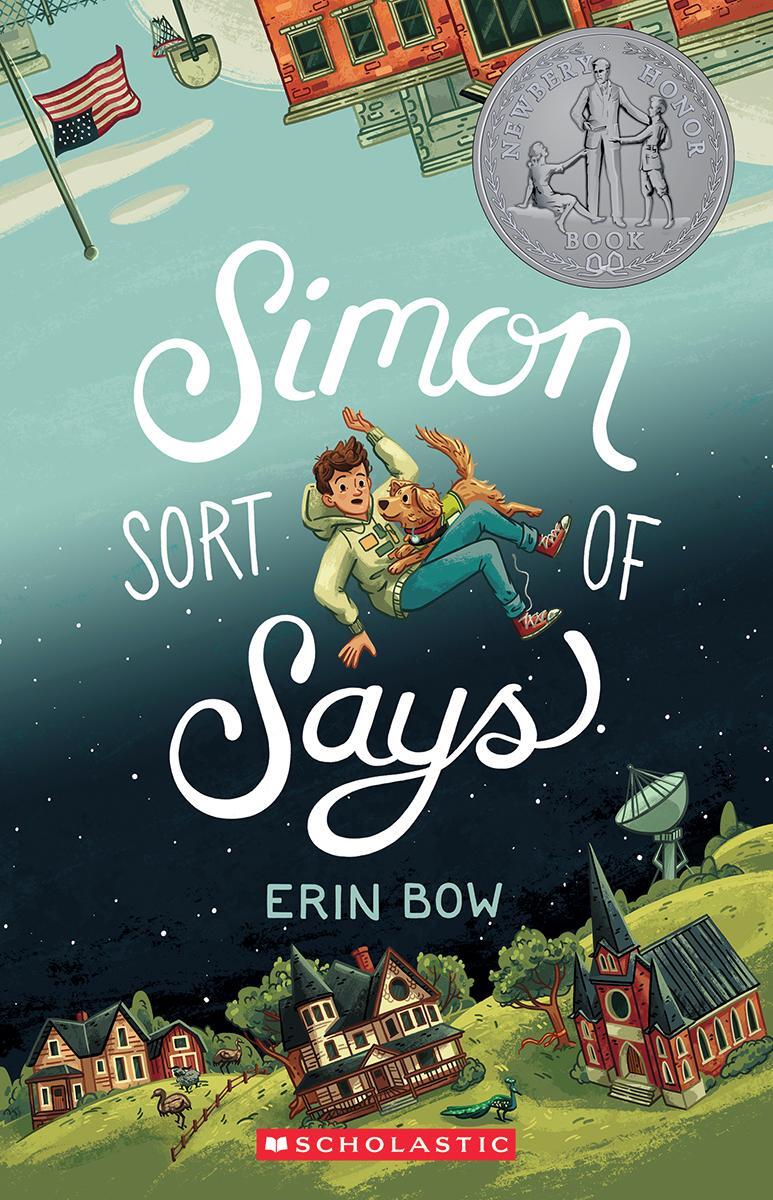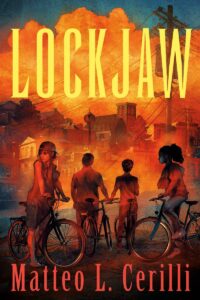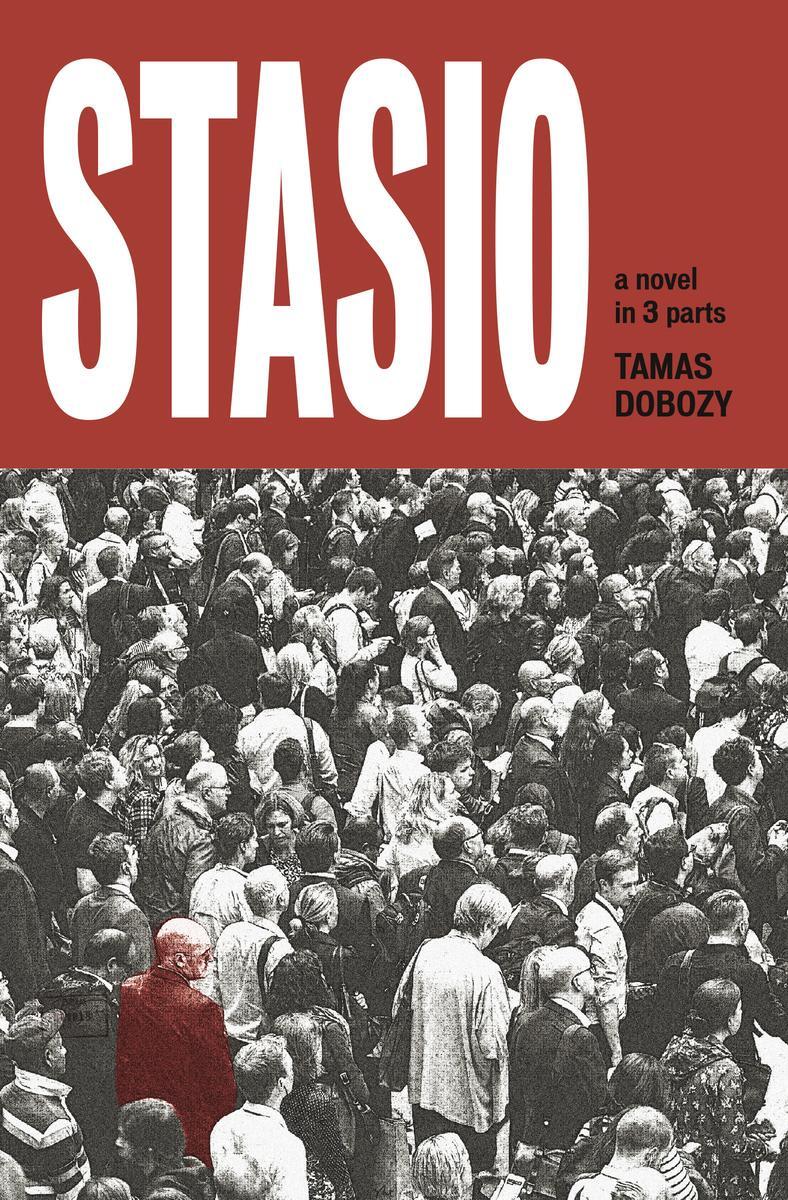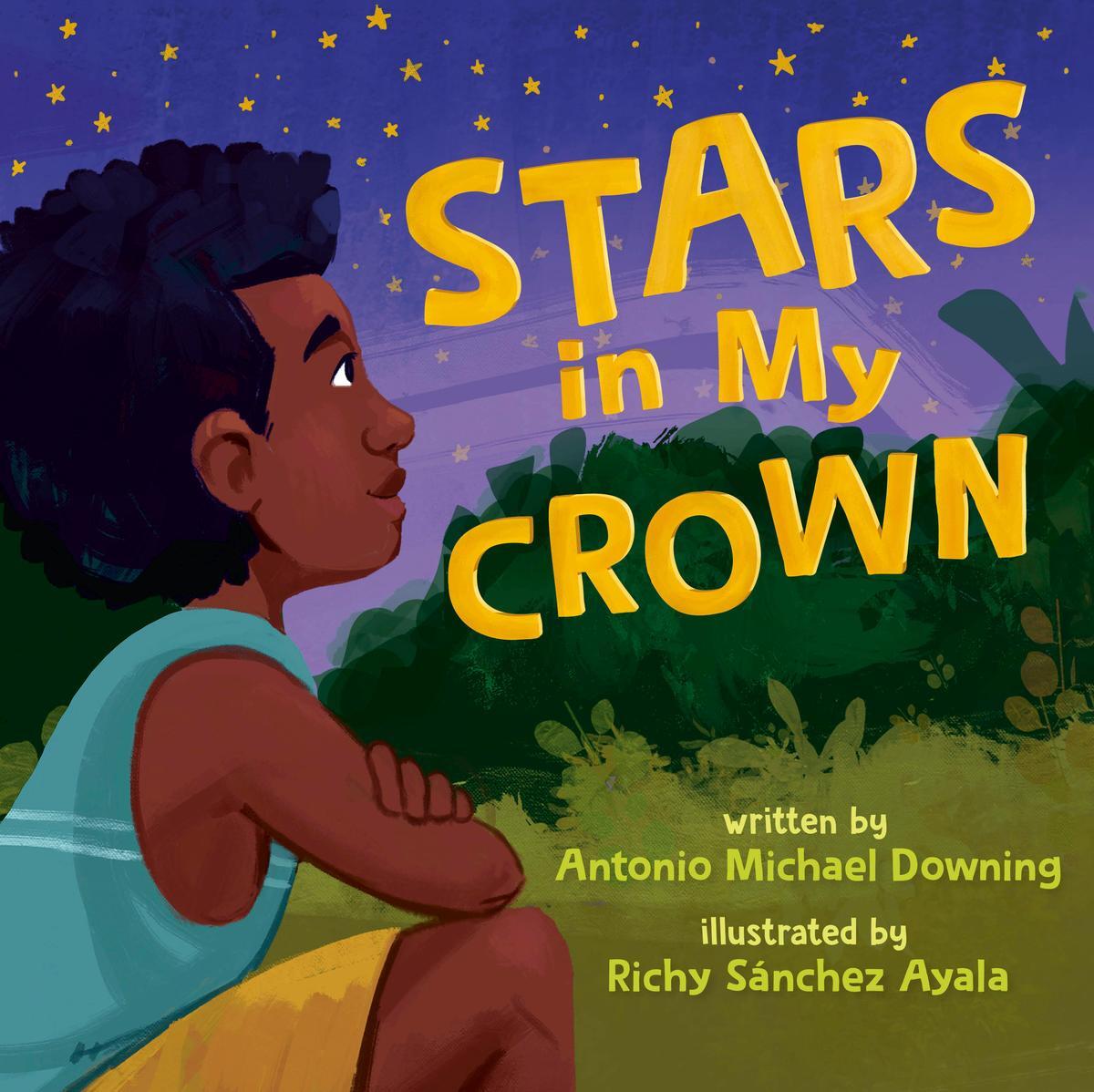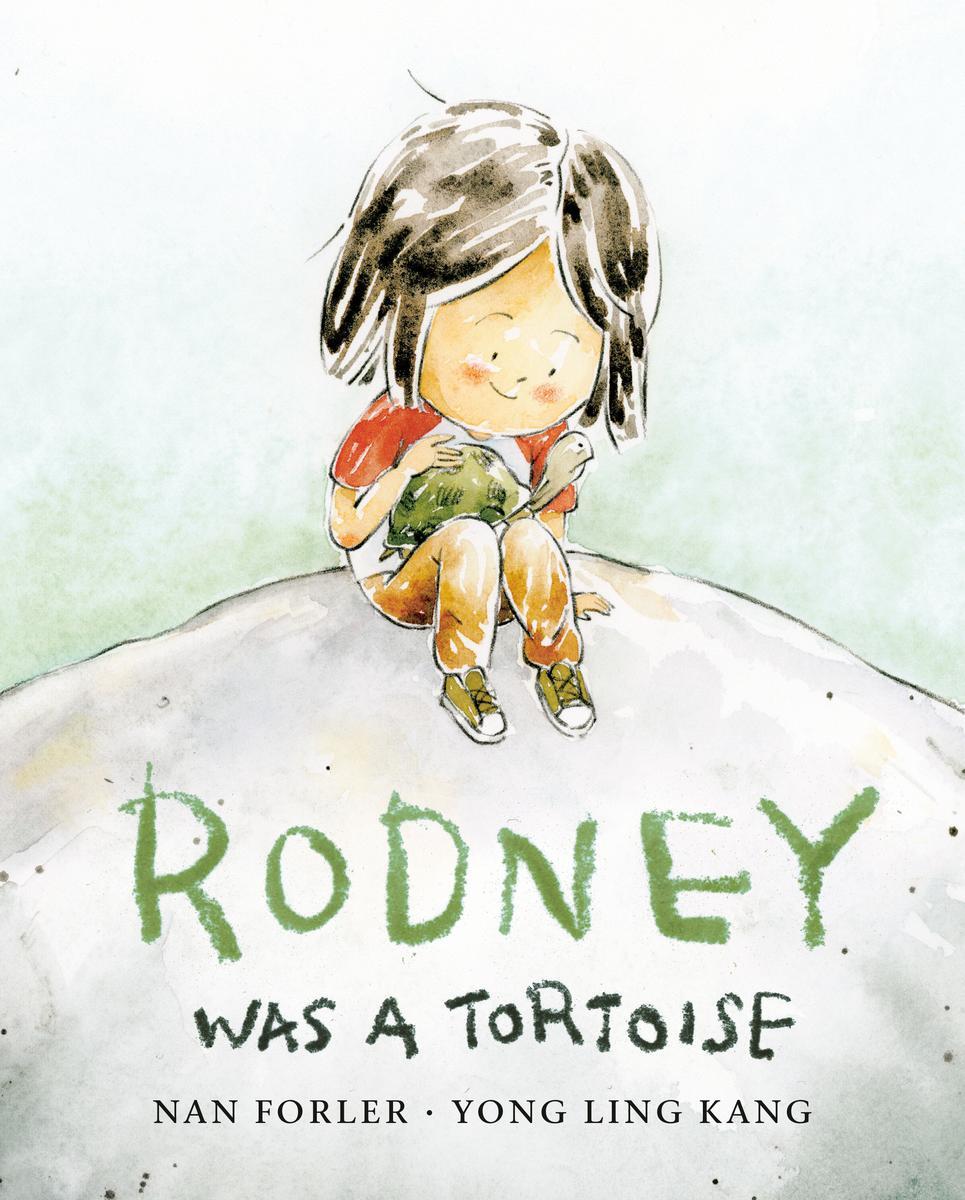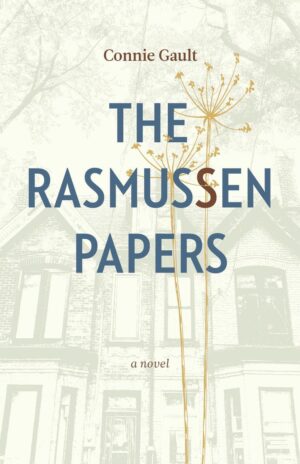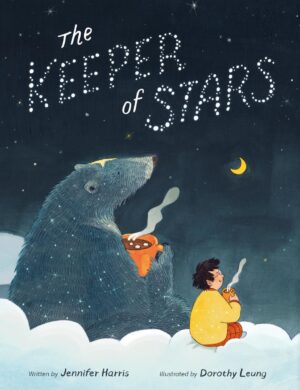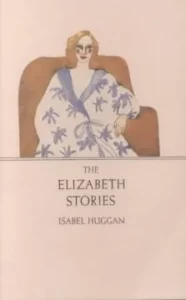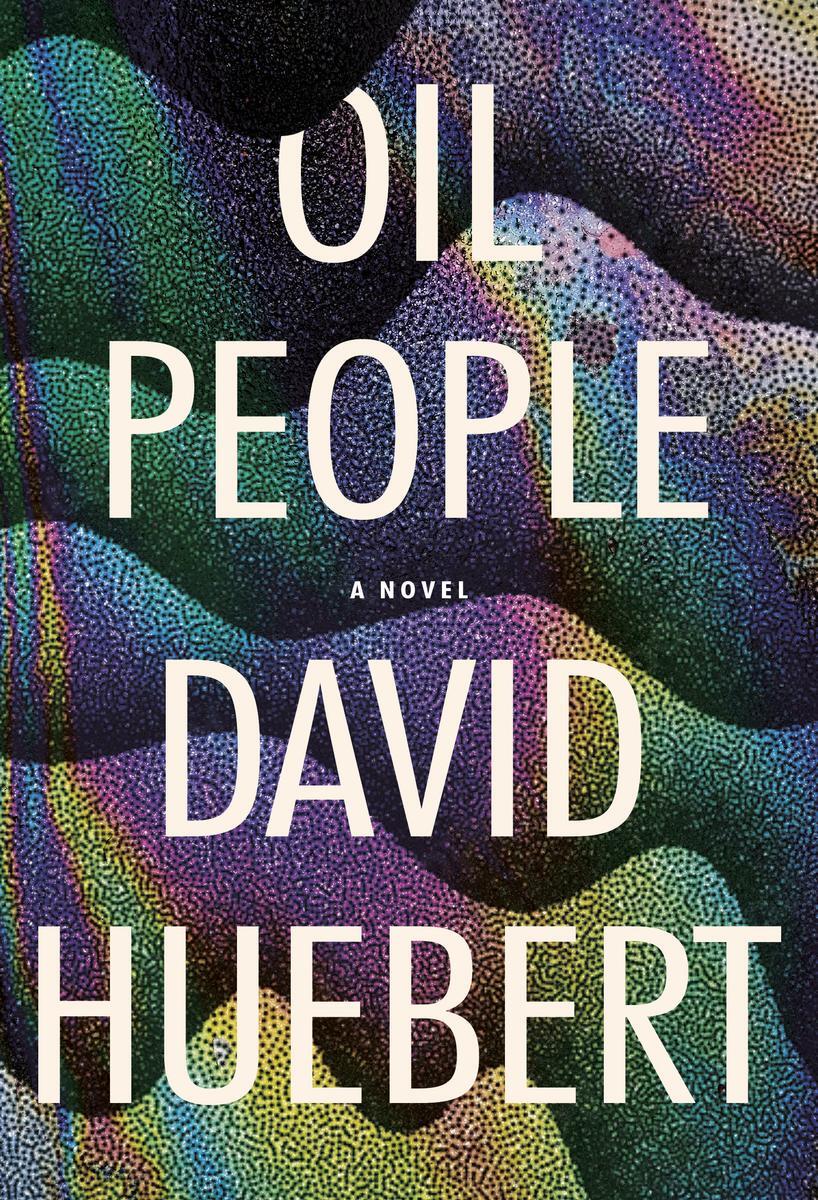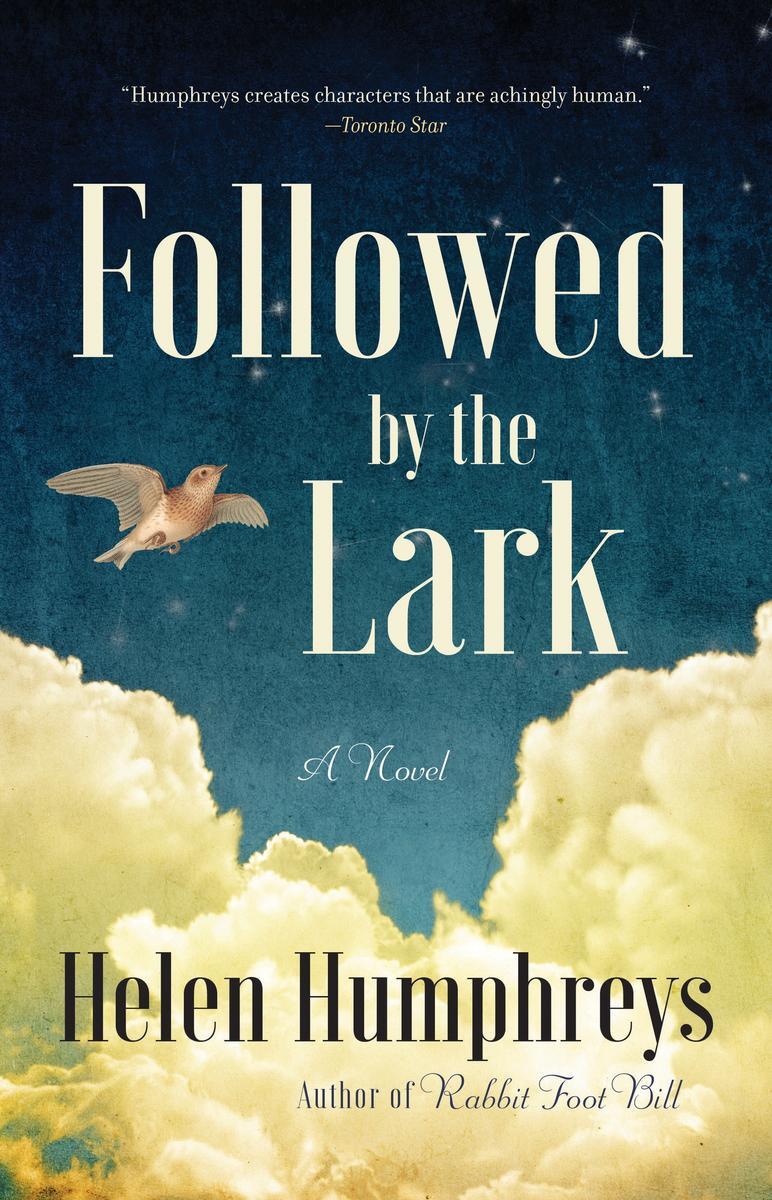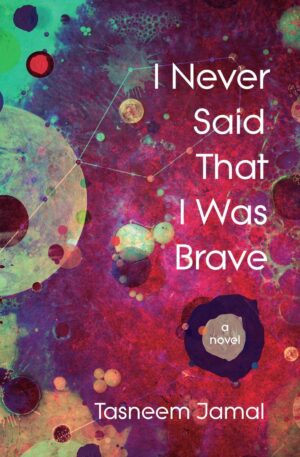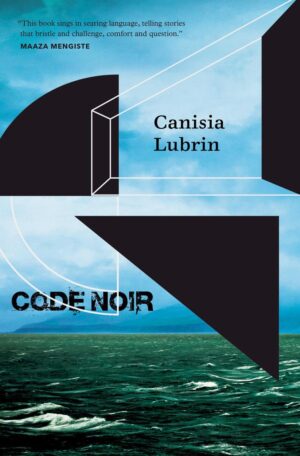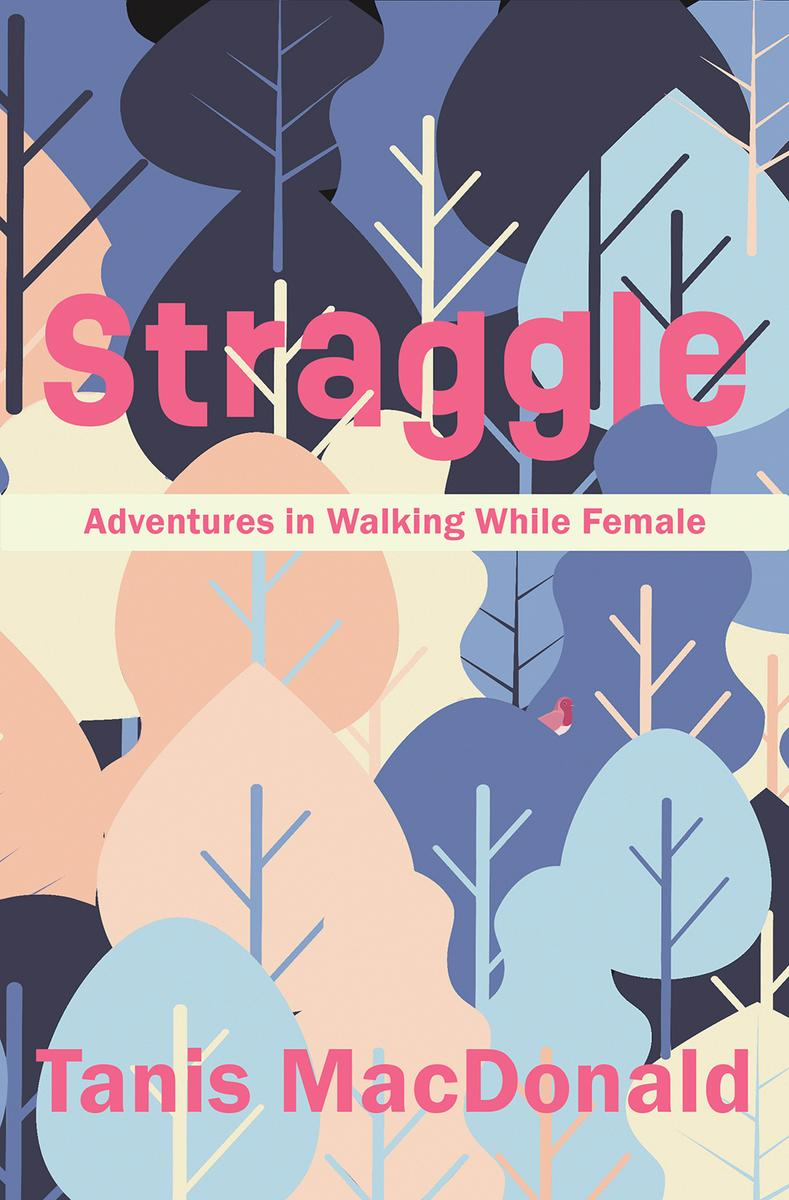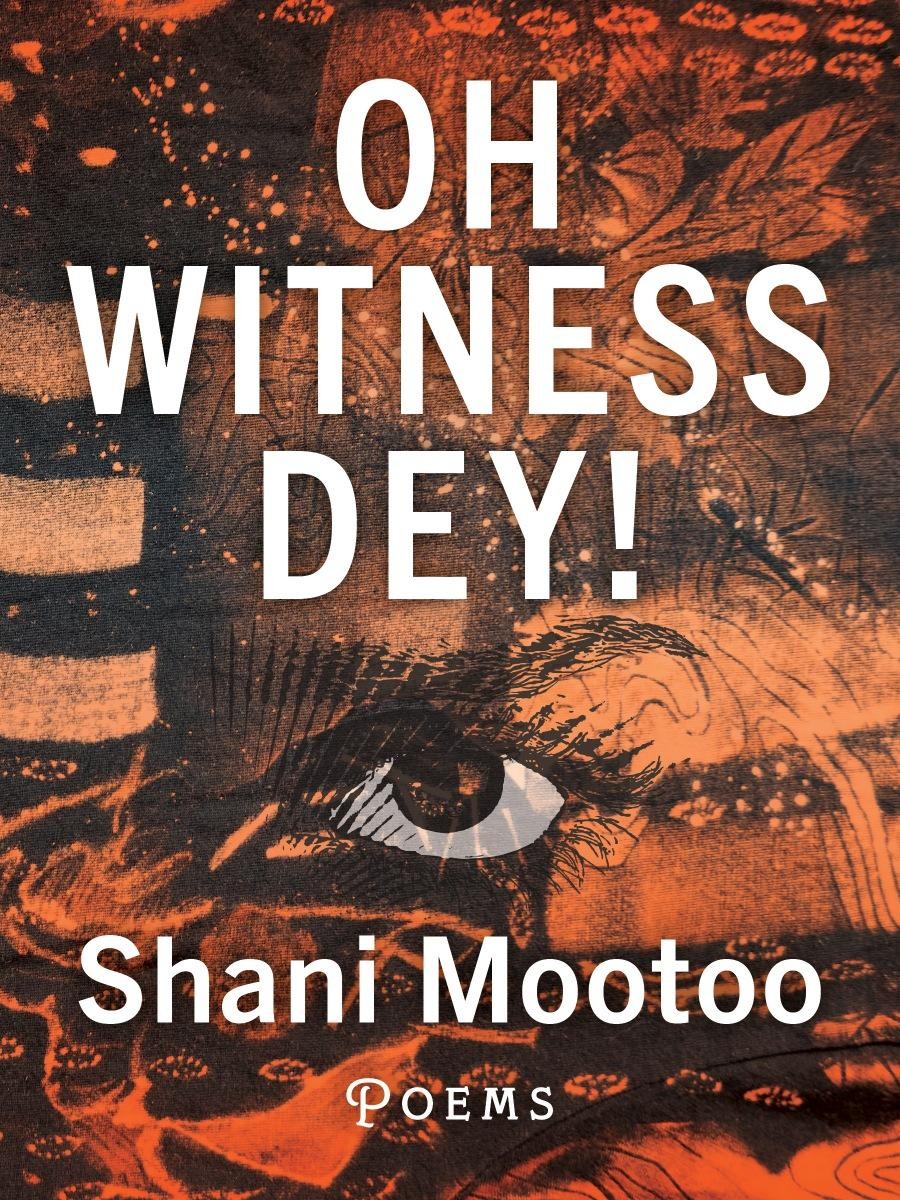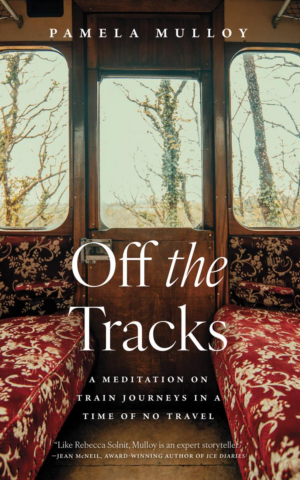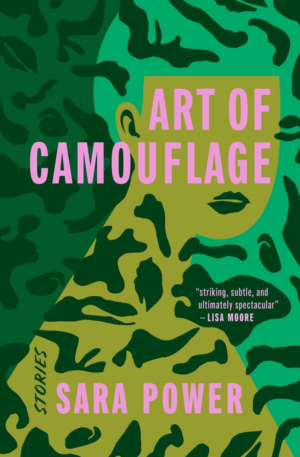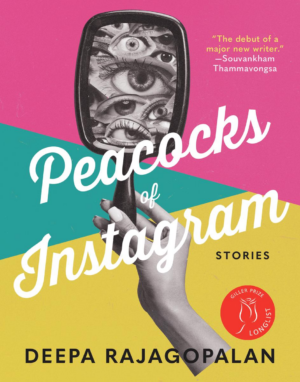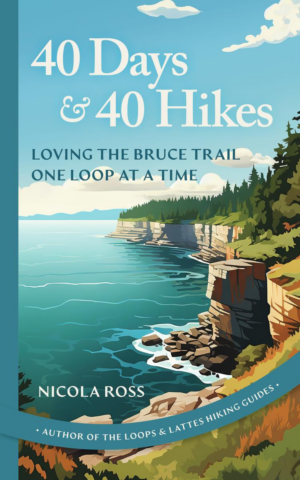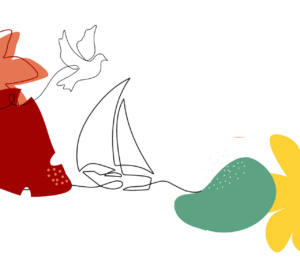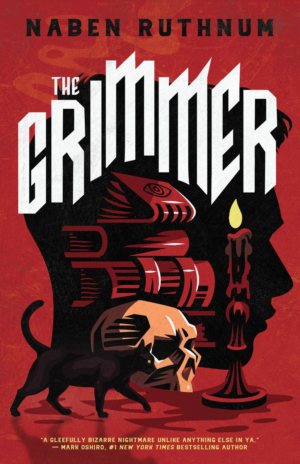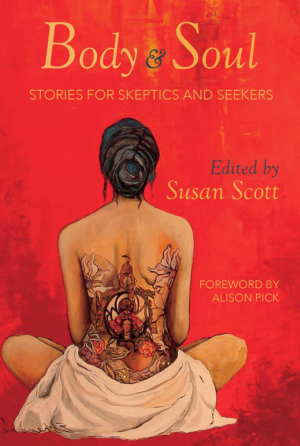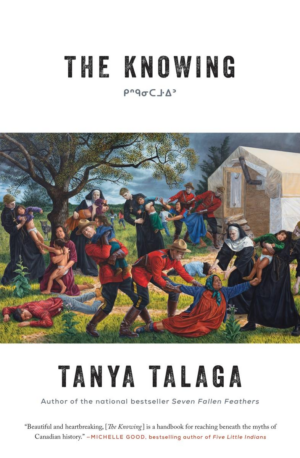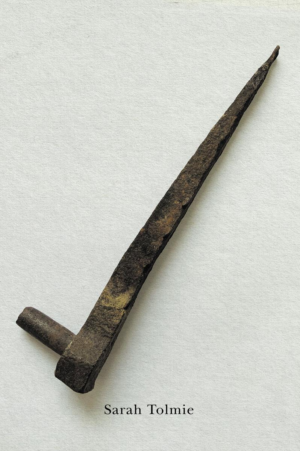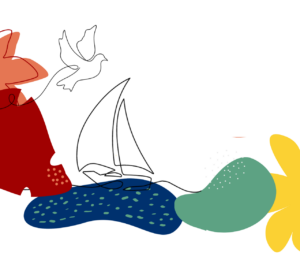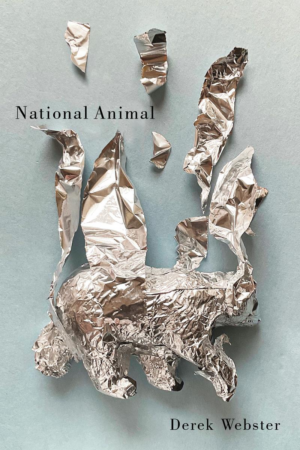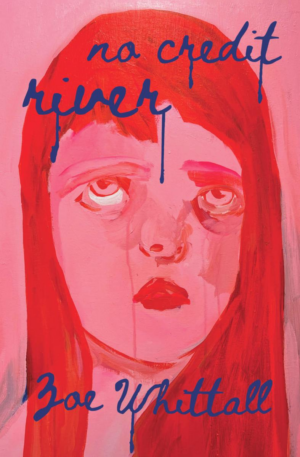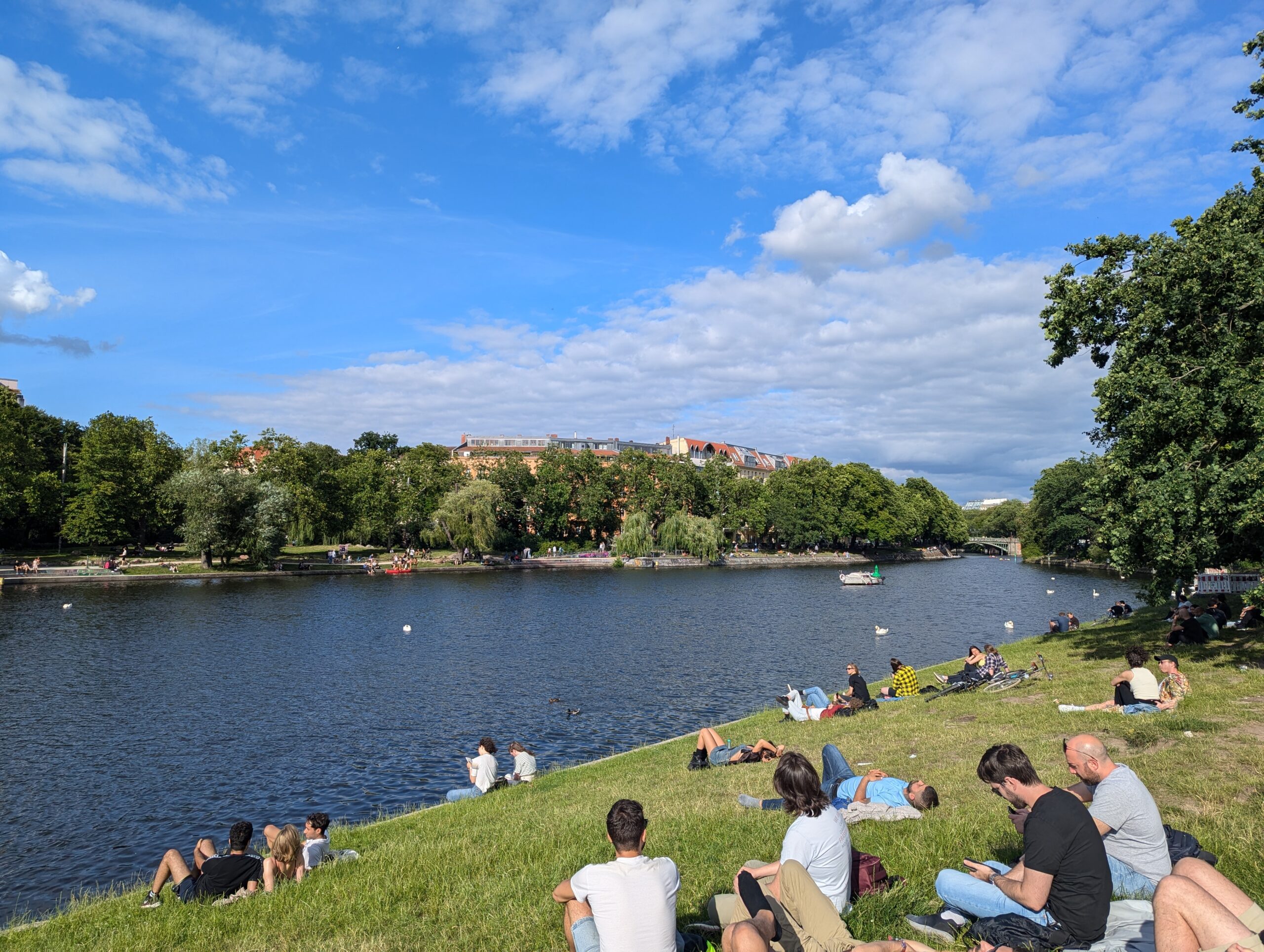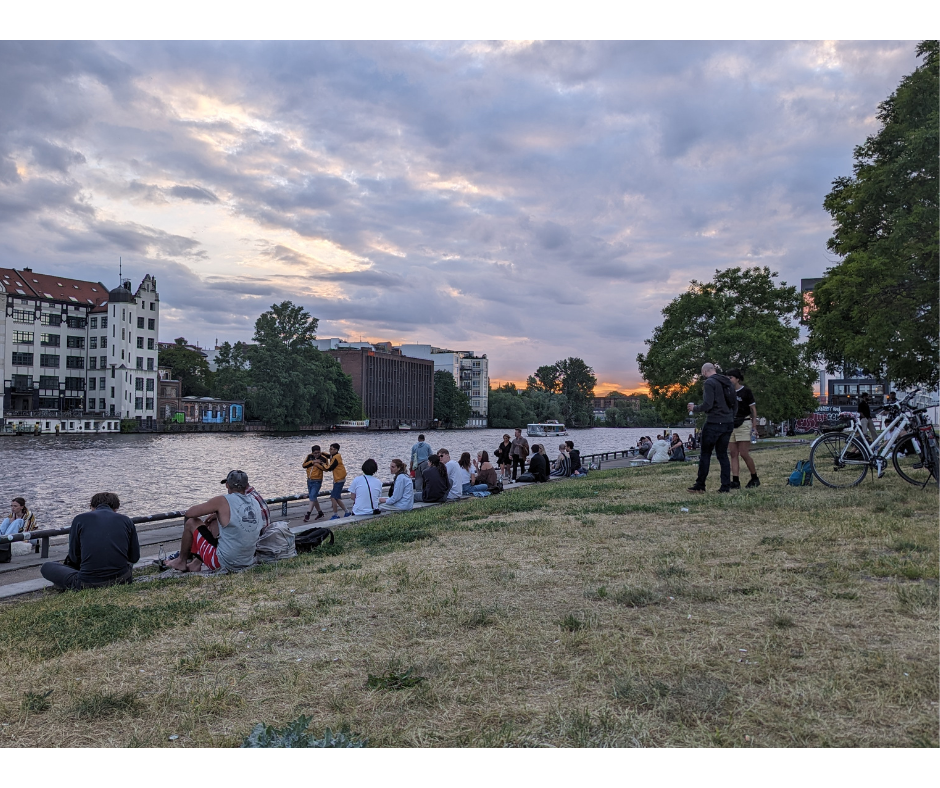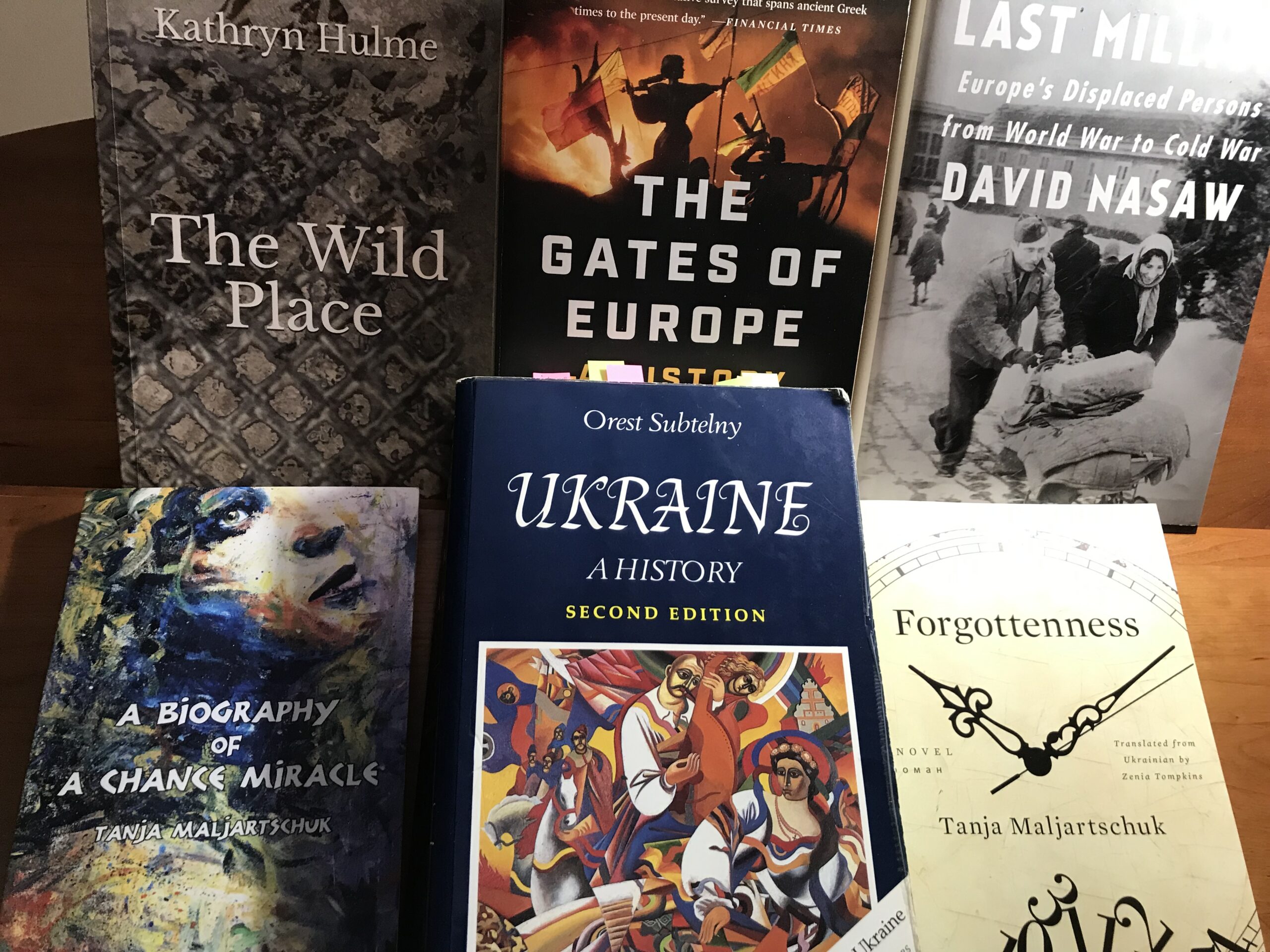What’s Nikita Eaton-Lusignan Reading?
I recently read La version qui n’intéresse personne by Emmanuelle Pierrot. The author is about my age and had her adolescence peppered by the same cultural markers as I did. She also lived in Montreal, spent a good chunk of her life on the road, and listens to folk punk (I found myself humming along to most of the songs she quotes).
“The characters in this book all felt so real, I had the impression I was evesdropping on coversations I’d hear at a party. In the last section of the novel the pandemic hits, and it gave me this uncomfortable feeling of all these characters being people I could run into at any moment.“
The book deals with a sexual assault, and in order to make the main character, « a perfectly imperfect victim », Emmanuelle Pierrot interviewed women who lived near Dawson City and had been sexually assaulted, and tried to include pieces of all of them. The result is a flawed protagonist who feels like someone you might know, or might have been.
I really enjoyed it, and would highly recommend it to anyone who reads in French. It really digs into the culture of folk punk Québécois kids who travel out west, and even if this isn’t a world that’s relateable to you, it’s worth diving into!

Nikita Eaton-Lusignon is a writer, teacher, workshop leader, farm labourer and parent currently residing in Montréal. She has taught English in both Czechia and Taiwan, and has a BA in Creative Writing with a minor in Sustainability from Concordia University. Her work had been published by Soliloquies Anthology.
Photo by Dave Poore on Unsplash

